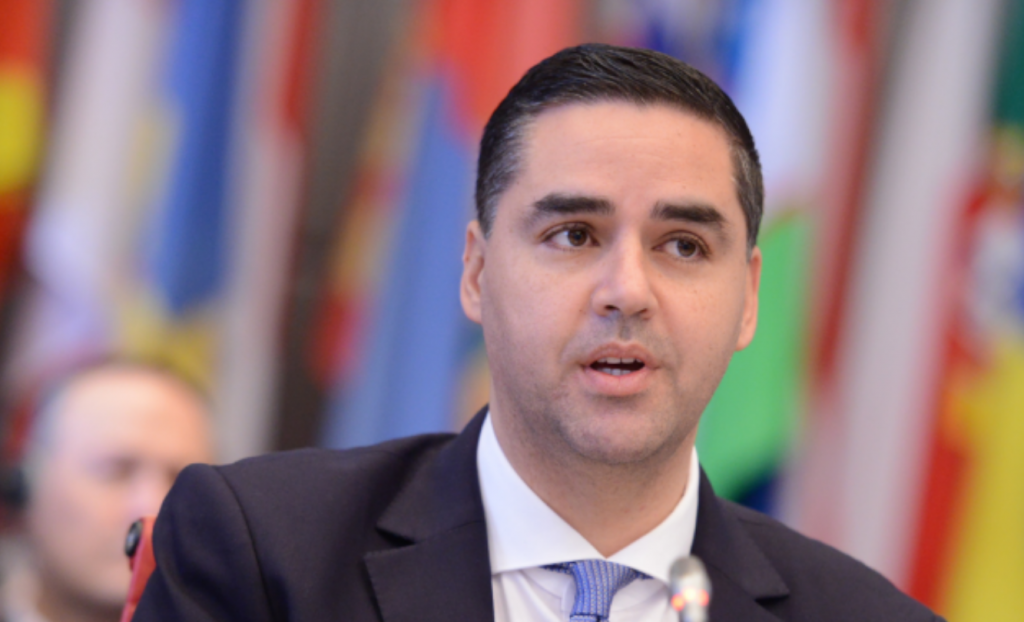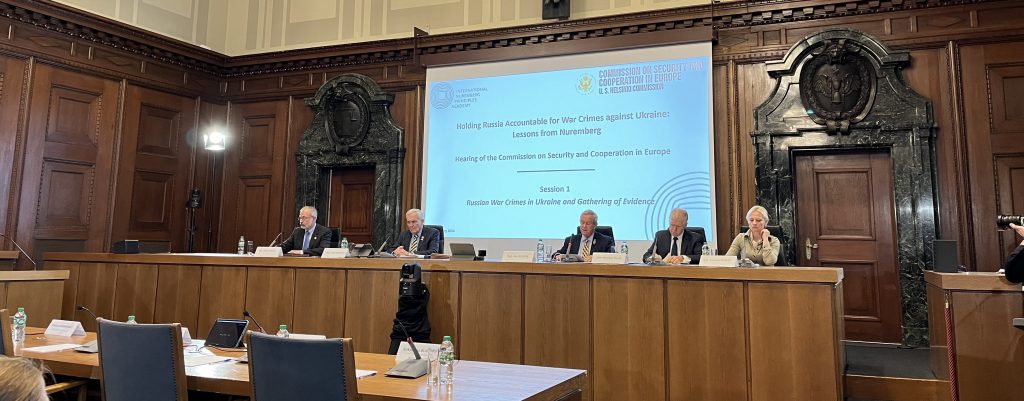WASHINGTON — Today, Chairman Joe Wilson (SC-02) made the following statement:
“I am very grateful to appoint Paul Massaro as Staff Director of the Helsinki Commission. He has worked closely with me and my staff for many years advancing legislation to hold dictators to account and further the cause of democracy and Ukrainian victory. I thank him for his willingness to take on this post and look forward to his leadership,” said Chairman Wilson.
Massaro previously held the role of senior policy advisor for counter-corruption and sanctions at the Helsinki Commission. His work has advanced the recognition of corruption as a national security threat. He has been described in the media as “one of America’s foremost corruption experts” and an “endless source of democratic ingenuity.”
“It is a profound honor to accept this appointment from Chairman Joe Wilson. His unshakeable integrity and moral clarity are critical as the Helsinki Commission responds to Russia’s full-scale invasion of Ukraine and the Russia-Iran-China network of dictators seeking to destabilize and destroy free societies all over the world. I look forward to working with the Chairman and his incredible staff to coordinate the bipartisan U.S. response,” said Massaro.
Massaro has been instrumental in the passage of numerous pieces of groundbreaking legislation to counter and contain dictatorships:
- The Foreign Extortion Prevention Act, passed into law last year, criminalized the demand side of foreign bribery. It has been described as “without question…the most consequential anti-foreign-bribery law passed in almost 50 years.”
- The Oligarch Assets for Ukrainian Victory Act enabled illicit assets recovered from Russian oligarchs to be sent to Ukraine as aid.
- The Rodchenkov Anti-Doping Act redefined doping as fraud and made it illegal in international competitions anywhere in the world.
- The Transnational Repression Accountability and Prevention (TRAP) Act served as the first-ever U.S. law to respond to the abuse of INTERPOL by authoritarian regimes.
Massaro has also been central to the effort to pass the Rebuilding Economic Prosperity and Opportunity (REPO) for Ukrainians Act to confiscate Russian sovereign assets, which passed last week as part of the foreign aid bill.
###







